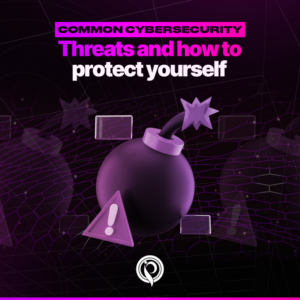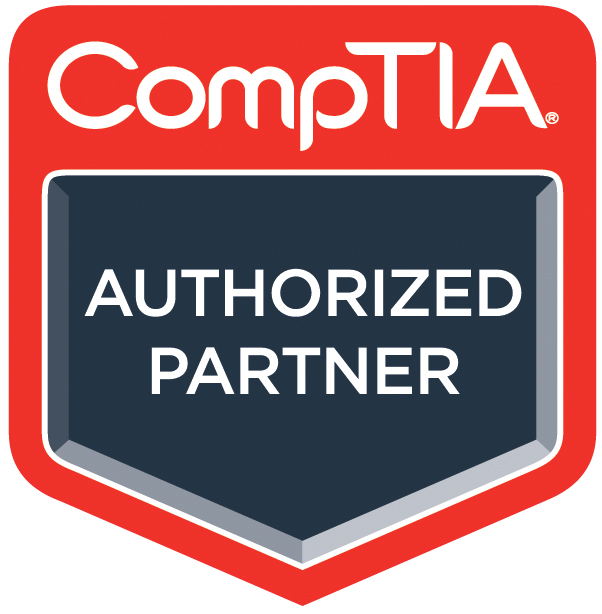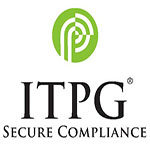
Common Cybersecurity Threats and How to Protect Yourself
By contributor Lyan Ware
Welcome to the digital age, where our lives intertwine with technology more than ever before. While the benefits are undeniable, it’s essential to acknowledge the lurking dangers that accompany our digital presence. Cybersecurity threats have become a real concern, with malicious actors constantly devising new tactics to exploit unsuspecting individuals. In this blog, we’ll mention some of the most common cyber security scams and threats, as well as tips on how to protect yourself from falling victim.
Phishing Attacks
Phishing attacks involve tricking individuals into revealing sensitive information such as passwords, credit card details, or personal data by masquerading as a trustworthy entity. These attacks often come in the form of deceptive emails, messages, or websites. To protect yourself:
- Be cautious of unsolicited emails and messages.
- Verify the authenticity of websites before entering personal information.
- Never click on suspicious links or download attachments from unknown sources.
- Enable multi-factor authentication (MFA) for added security.
Malware Infections
Malware refers to malicious software designed to infiltrate your system, compromise data, and disrupt normal operations. It can take various forms, including viruses, ransomware, spyware, and adware. To prevent malware infections:
- Install reputable antivirus and anti-malware software.
- Regularly update your operating system, software, and applications.
- Exercise caution when downloading files from the internet.
- Avoid visiting untrusted websites or clicking on suspicious ads.
- Backup your data regularly to mitigate the impact of ransomware attacks.
Password Vulnerabilities
Weak passwords or reusing passwords across multiple accounts pose significant security risks. Cybercriminals can exploit this vulnerability to gain unauthorized access to your accounts. Strengthen your password security:
- Use complex passwords with a combination of letters, numbers, and symbols.
- Avoid using common phrases, personal information, or easily guessable patterns.
- Utilize a password manager to generate and store unique passwords securely.
- Enable two-factor authentication (2FA) whenever possible.
Social Engineering
Social engineering involves manipulating individuals into divulging confidential information or performing certain actions. This can be done through impersonation, pretexting, or exploiting human psychology. Protect yourself from social engineering attacks:
- Be skeptical of unexpected requests for personal or financial information.
- Verify the identity of individuals or organizations before sharing sensitive details.
- Never share sensitive information over phone calls or emails unless you initiated the contact.
- Educate yourself about common social engineering techniques to recognize and avoid them.
Public Wi-Fi Risks
Public Wi-Fi networks are convenient but often unsecured, making them a breeding ground for cyber threats. Hackers can intercept your data or launch attacks targeting devices connected to these networks. Follow these precautions when using public Wi-Fi:
- Avoid accessing or transmitting sensitive information on public networks.
- Use a virtual private network (VPN) to encrypt your internet connection.
- Disable file sharing and ensure your device’s firewall is activated.
- Regularly update your device’s software and enable automatic security updates.
Cybersecurity threats will continue to evolve, especially with the help of AI, so it is imperative to stay vigilant and proactive in protecting your digital life. By implementing the aforementioned security practices and maintaining a security-conscious mindset, you can significantly reduce the risk of falling victim to common cyber threats. Remember, your online safety is in your hands, so prioritize cybersecurity to safeguard your digital presence.
Importance of Cybersecurity in Today’s Digital World
How to Setup Your Ethical Hacking Home Lab
The Importance of Human Centered Security Design
Network Your Way into Your Dream Cybersecurity Job
Check out our Free Digital Natives Meetups!
































Leave a Reply
You must be logged in to post a comment.